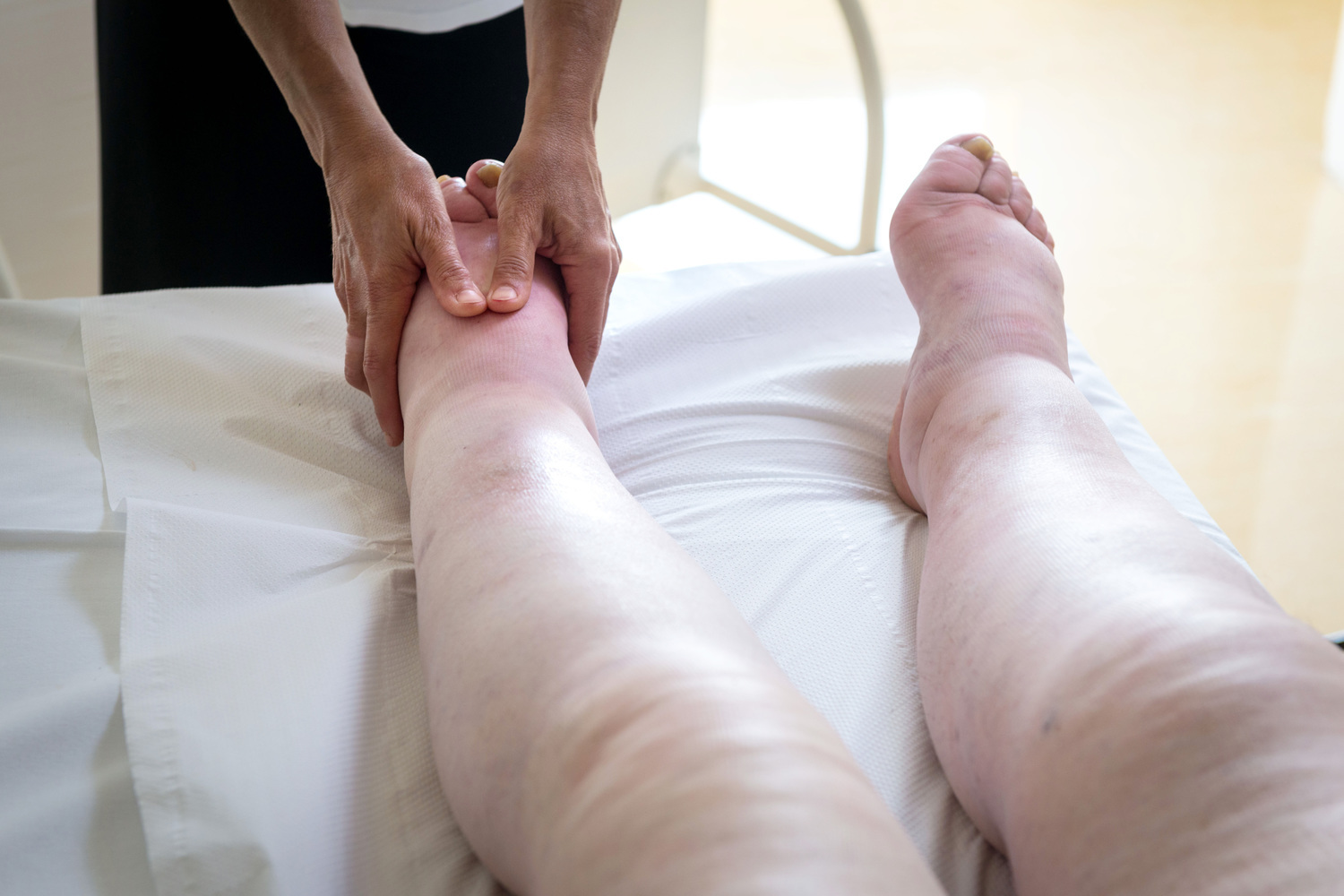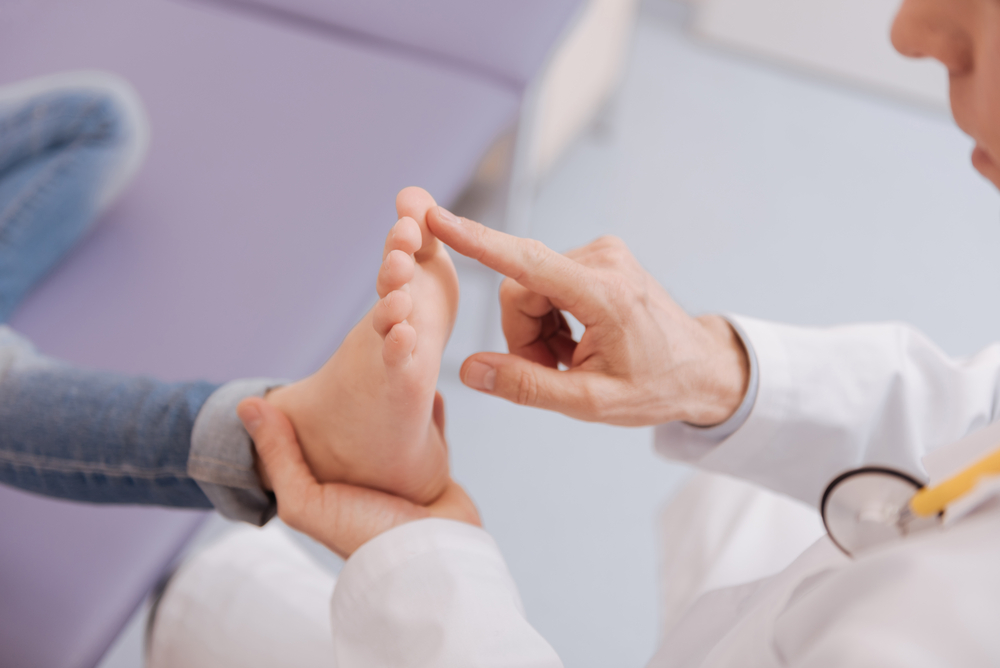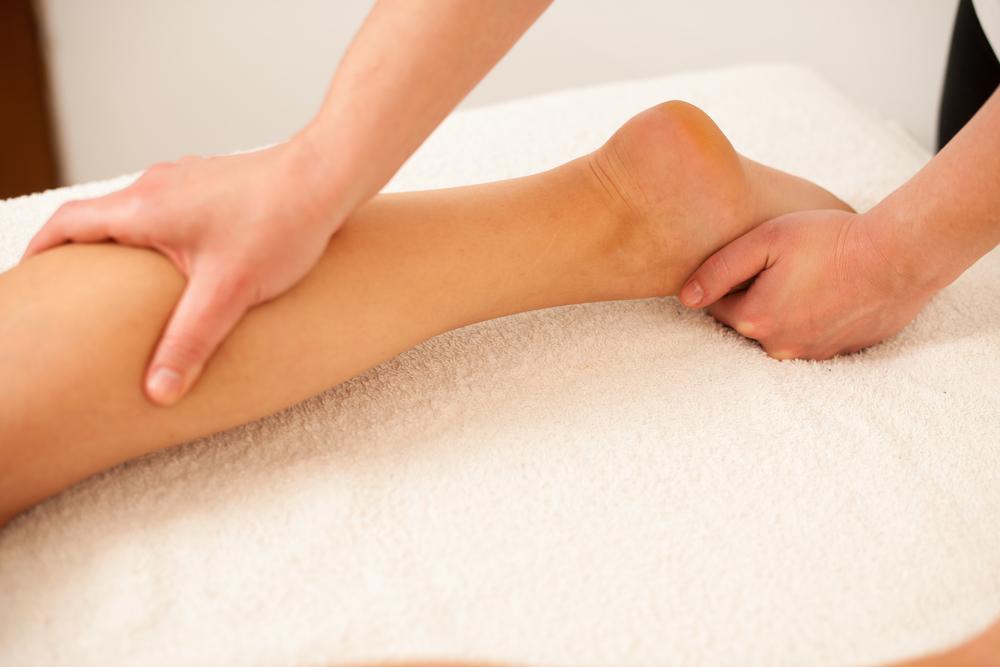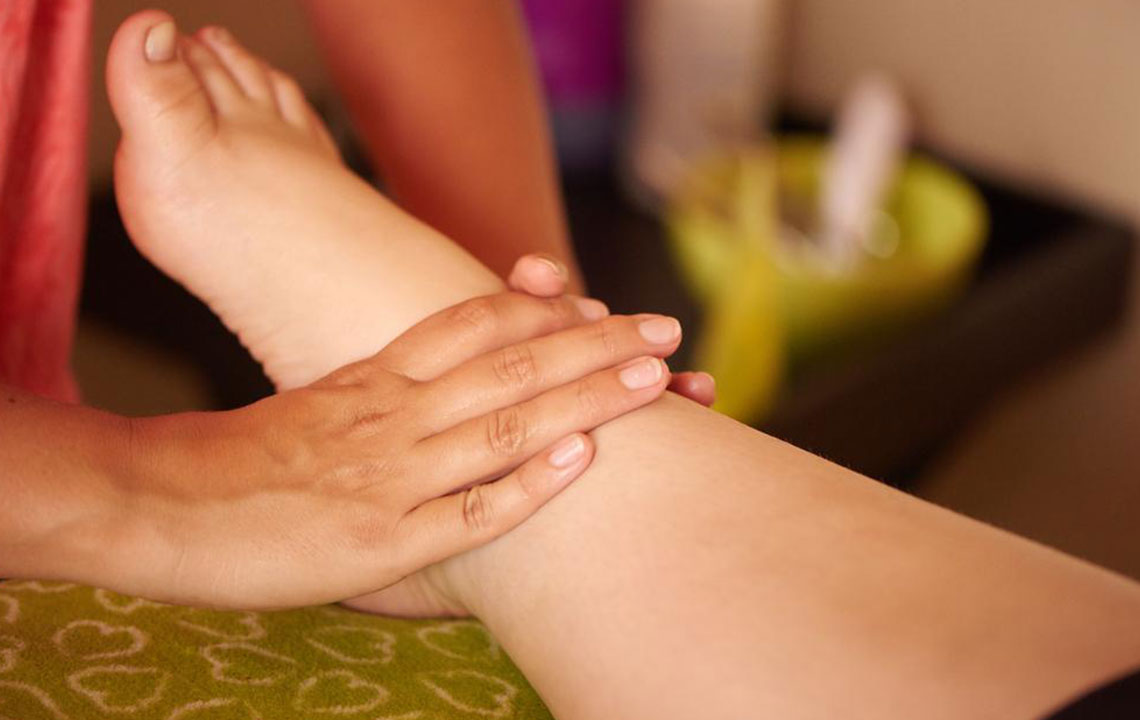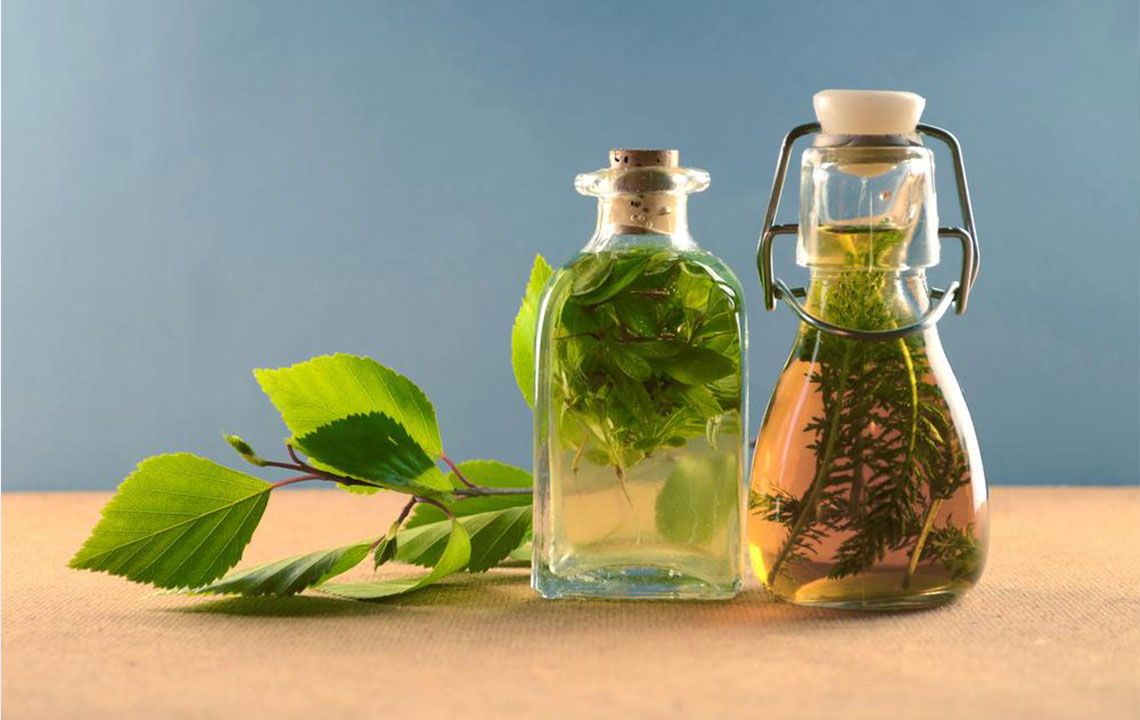Comprehensive Guide to Alleviating Swollen Feet and Ankle Discomfort
This comprehensive guide offers effective strategies to alleviate swollen feet and ankles, emphasizing natural remedies, lifestyle changes, and professional advice. Learn how maintaining proper hydration, incorporating gentle exercises, and using essential oils can significantly reduce edema. Suitable for pregnant women and individuals with minor health concerns, this article provides practical tips for managing swelling safely and effectively, improving circulation, and promoting overall comfort.
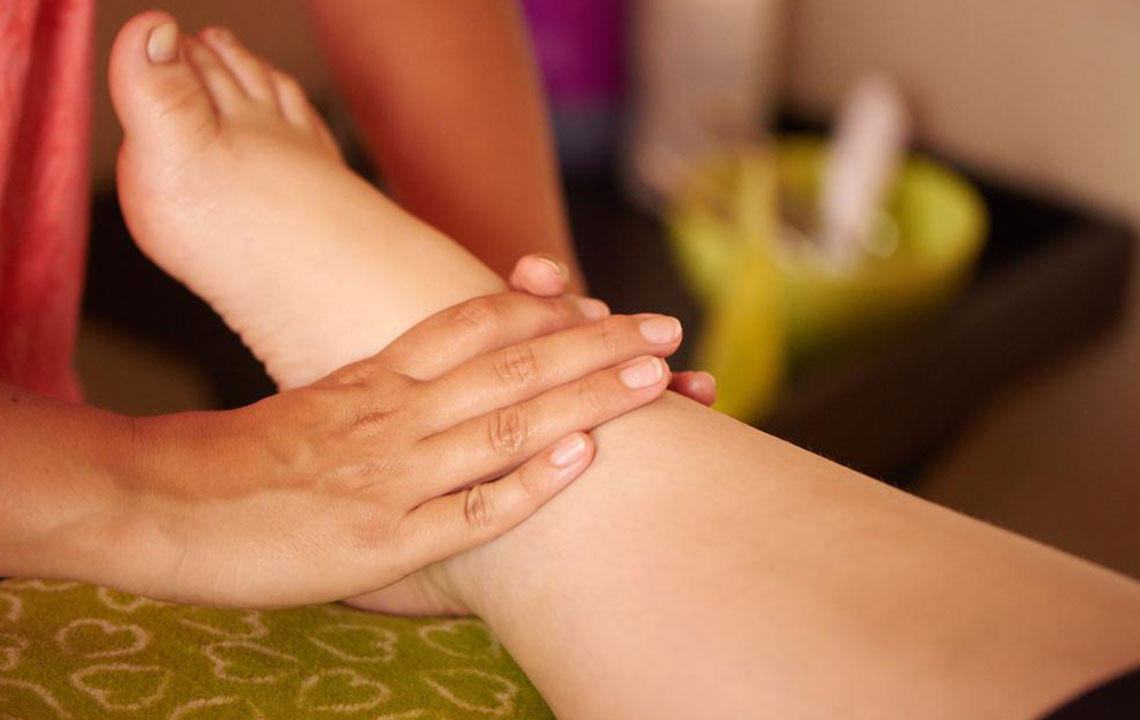
Comprehensive Strategies for Reducing Swollen Feet and Ankle Discomfort
Swelling in the feet and ankles, medically referred to as edema, is a common condition experienced by many individuals due to various health and lifestyle factors. While mild swelling often resolves on its own or with simple home remedies, persistent or severe edema can indicate underlying health issues that require medical attention. Understanding the causes of swollen feet and ankles is essential in choosing the right treatment approach. From temporary relief techniques to lifestyle adjustments, there are numerous effective methods to reduce swelling and improve your overall mobility and comfort.
The management of swollen feet involves both identifying its root cause and applying suitable remedies. Lifestyle modifications such as changes in diet, increased physical activity, and specific home treatments can significantly decrease symptoms. Additionally, consulting health professionals ensures proper diagnosis and tailored treatment plans, especially if your swelling is persistent or accompanied by other symptoms. This detailed guide will explore various natural remedies and precautionary measures to help alleviate swelling, particularly in cases related to pregnancy or minor health issues.
Maintain Adequate Magnesium Levels
One essential mineral that plays a critical role in reducing fluid retention is magnesium. Magnesium deficiency is frequently associated with edema, as it helps to relax blood vessels, allowing better blood flow and preventing fluid build-up. Pregnant women, in particular, are often advised to supplement magnesium to support healthy circulatory function and reduce swelling. However, before incorporating magnesium supplements into your routine, it is crucial to consult with a healthcare provider for appropriate dosage and safety considerations. Ensuring sufficient magnesium intake through dietary sources such as nuts, seeds, leafy greens, and whole grains can naturally help manage swelling and promote optimal circulation.
Incorporate Gentle Physical Activities
Prolonged inactivity or standing during the day can contribute to increased swelling in the lower limbs. Engaging in mild, low-impact exercises like walking, stretching, or yoga can enhance blood circulation and reduce fluid buildup. Specifically, yoga postures that focus on elevating the legs and promoting venous return can be particularly beneficial. Before starting any new exercise program, especially during pregnancy or if you have underlying health concerns, consult your healthcare provider to ensure the activities are safe and appropriate for your condition. Regular movement not only alleviates swelling but also boosts overall health and well-being.
Effective Foot Soaking Techniques
Traditional foot soaking remains a popular and effective remedy for swelling relief. Submerging your feet in warm water helps relax muscles and improve circulation. Enhancing foot baths with Epsom salts, which contain magnesium sulfate, amplifies the anti-inflammatory effects and promotes muscle relaxation. Adding natural essential oils such as grapefruit or lemon oil can invigorate tired, swollen feet, helping to reduce inflammation and restore vitality. Alternative remedies include soaking in tonic water, which contains quinine—a substance historically used to treat leg cramps and swelling—although caution should be taken regarding its use. Saltwater baths are another simple, cost-effective option to ease discomfort and support fluid movement away from affected areas.
Massage Therapy for Swelling Relief
Massage therapy can serve as a highly effective method for reducing edema. It stimulates blood and lymphatic circulation, helping to move excess fluids away from swollen tissues. Professional massages, such as prenatal massage, are designed to gently reduce swelling in pregnant women, providing relief and relaxation. Incorporating gentle, upward strokes during self-massage can also be effective. Proper technique ensures tissues are decompress and fluids are directed towards the lymphatic system for elimination. Regular massage sessions can not only reduce swelling but also alleviate muscle tension, promote relaxation, and improve overall limb health.
Swimming and Water-Based Exercises
Engaging in water-based activities, such as swimming or floating, offers a low-impact way to combat swelling. The buoyant nature of water supports the body's weight, reducing stress on joints and tissues while promoting circulation. Water exercises help prevent gravity-induced fluid accumulation in the lower limbs, offering significant relief from swelling. Even if you're not proficient in swimming, simple floating exercises or water walking can provide similar benefits. Incorporating these activities into your routine can enhance your mobility, reduce discomfort, and support overall health, especially during pregnancy or recovery periods.
Stay Hydrated for Better Circulation and Reduced Swelling
Proper hydration is crucial for preventing and reducing swelling. Drinking sufficient amounts of water helps flush out toxins, regulate salt levels, and support kidney function—all of which are important in controlling edema. Aim to consume at least 8-12 glasses of water daily, and consider adding slices of lemon, cucumber, or herbal infusions for added anti-inflammatory properties. Adequate hydration ensures the body can efficiently eliminate excess fluids, reduce salt retention, and prevent dehydration-related swelling. Maintaining proper water intake is a simple yet powerful step toward minimizing edema and promoting overall health.
Using Essential Oils & Natural Remedies
Applying essential oils such as grapefruit, lemon, or eucalyptus during baths or massage sessions can stimulate circulation and reduce inflammation. Massaging legs and feet with these oils, along with carrier oils like almond or olive oil, promotes lymphatic drainage and alleviates swelling. Use gentle, upward strokes to facilitate the movement of fluids and reduce puffiness. Natural remedies like these not only provide relief but also create a calming, soothing experience that enhances overall well-being. Incorporating essential oils into your daily routine can be an effective and pleasant way to combat swollen feet and ankles naturally.

